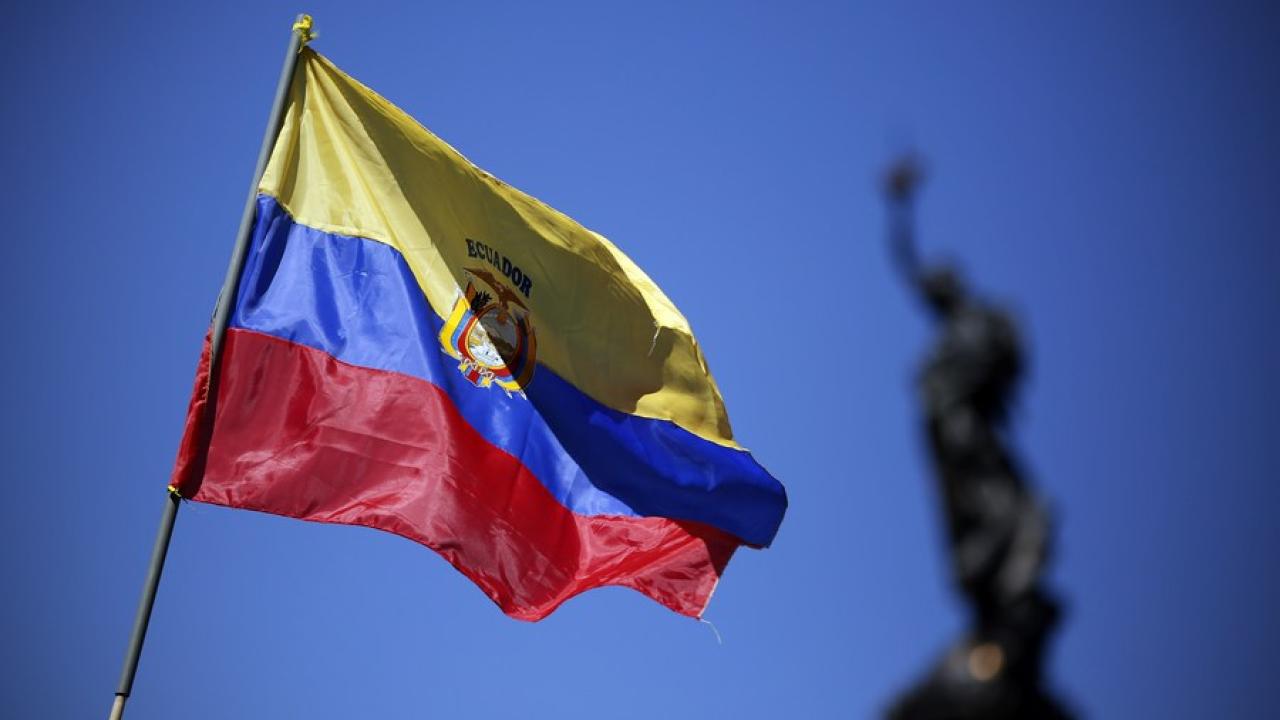
Vega says that in the current context it is important that resources arrive from abroad and to oppose "the only thing that seeks is to generate a greater crisis."
Given the economic panorama of the country and the world, the Minister of Economy, Juan Carlos Vega, refers to the alerts given for a possible recession.
Internally, it is clear in saying that “we are not in a recession, there is small economic growth in the first quarter of 2024, a little more than 1%. “We are recovering from an economic cycle towards a more positive second semester.” This after a report from the Central Bank in which it spoke technically that the country would continue in recession.
And regarding the recent alarm in international markets about the possibility of a recession in the United States, the minister explains that it will have impacts, but that there is also "good news and that is that Ecuador, having high international financing, pays relatively high interest rates." highs, which with this crisis could be reduced sooner than expected, which was in September, and the fiscal pressure would lower from the interest rate point of view.” This was indicated this Wednesday, August 7, in an interview with the Visionarias program.
On the other hand, it indicates that the fall in the price of oil would affect us. Although "on the positive side we are entering a weaker dollar that would make our exports cheaper in the world in relative terms." and in that way Ecuador would be more competitive.
Hence, he points out that one must be prepared to measure the impacts. And with this panorama, he highlights the importance of fresh resources arriving from abroad and that trying to oppose it "the only thing that seeks is to generate a greater crisis and the incentives are clearly political, from the point of view of wanting to make agreements." with the International Monetary Fund (IMF) as international agreements that have to be approved by the National Assembly, simply to deny them and make the crisis more generalized and those are the opportunities to take us to economic paths similar to those of Venezuela."
This is in reference to a report approved by the Transparency Commission of the National Assembly that recommends that the plenary session of Parliament declare the debt contracted by Ecuador with the IMF illegitimate.
And even more so taking into account the conclusion of the commission, which determined that the loan granted to the Ecuadorian State is not intended to finance social spending or invest in the development of economic, social and cultural rights, but rather the payment of the debt generated. for previous loans from the IMF or from external creditors who are holders of the debt.
Last April, the executive board of the Monetary Fund (IMF) approved a new 48-month agreement within the framework of the Expanded Fund Facility (SAF) for Ecuador, with access equivalent to $4 billion. The first $1,000 million arrived in June and 83% of them went to the payment of the CAF bridge loan that the country had already received and which was announced at the end of last April.









